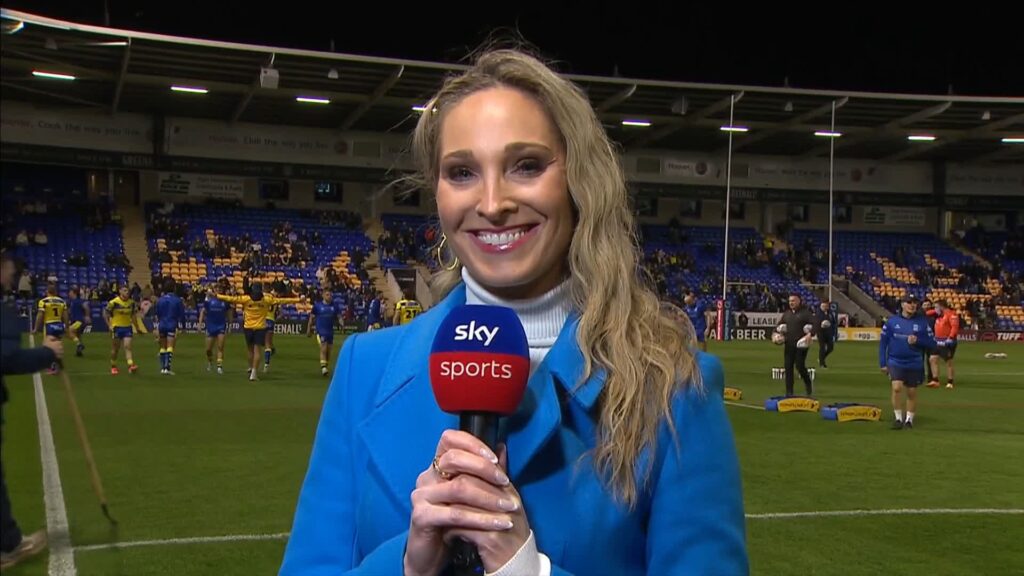Plans to expand Super League to 14 teams from next season have sparked uncertainty over the competition’s future broadcast deal, with Sky Sports yet to endorse the move. The broadcaster, which currently airs every Super League match live under a £21.5m-a-year deal, is reportedly reluctant to pay for the additional matches required in an expanded league.
The expansion plan, backed by the 12 current Super League clubs this week following a strategic review, would increase the number of live matches each season by 27. However, televising the extra games is estimated to cost around £500,000 a cost Sky is unwilling to absorb under the current deal, which is set to expire after the 2026 season.
Discussions between league officials and the broadcaster are ongoing, with no guarantee that Sky will revise its financial commitment. While the contract will continue through its final year, concerns have been raised about how the expansion might impact negotiations for future rights deals.
The issue highlights the growing financial challenge rugby league faces. Sky’s current investment in Super League has significantly declined from £40m in 2021. In comparison, Sky is set to spend £20m annually on broadcasting the Women’s Super League and pays more to air just three Premier League matches than it does for the entire Super League season. Around 170 rugby league games are scheduled to be shown live this year.
The expansion could also impact long-term strategic partnerships. Talks had previously taken place with Australia’s National Rugby League over a potential 33% stake in Super League. However, the NRL reportedly favours a streamlined 10-team format and now appears unlikely to invest given the expansion to 14 teams.
Meanwhile, there’s still no clear plan on how to fund the two additional clubs. Some existing Super League sides have resisted the idea of taking reduced central payments, while certain Championship clubs are willing to join the top flight with no central distribution for one year. This could expose them to significant financial risks and raise competitiveness concerns, especially considering recent one-sided results involving struggling clubs.
As the sport enters a crucial phase, its financial and broadcast future remains uncertain amid mounting pressures and strategic disagreements.

